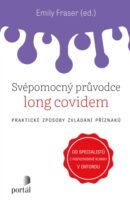Editorial
This edition of ERIS Web Journal followed the call for papers focusing on ‘Migration across Europe’, in which we highlighted the contemporary political nature of this topic with a huge impact on people’s daily life conditions and prospects for themselves and their families. Hardly a day passes without a headline reporting the diverse, dangerous and often fatal attempts by refugees to enter one of the EU member states. Zobrazit text






